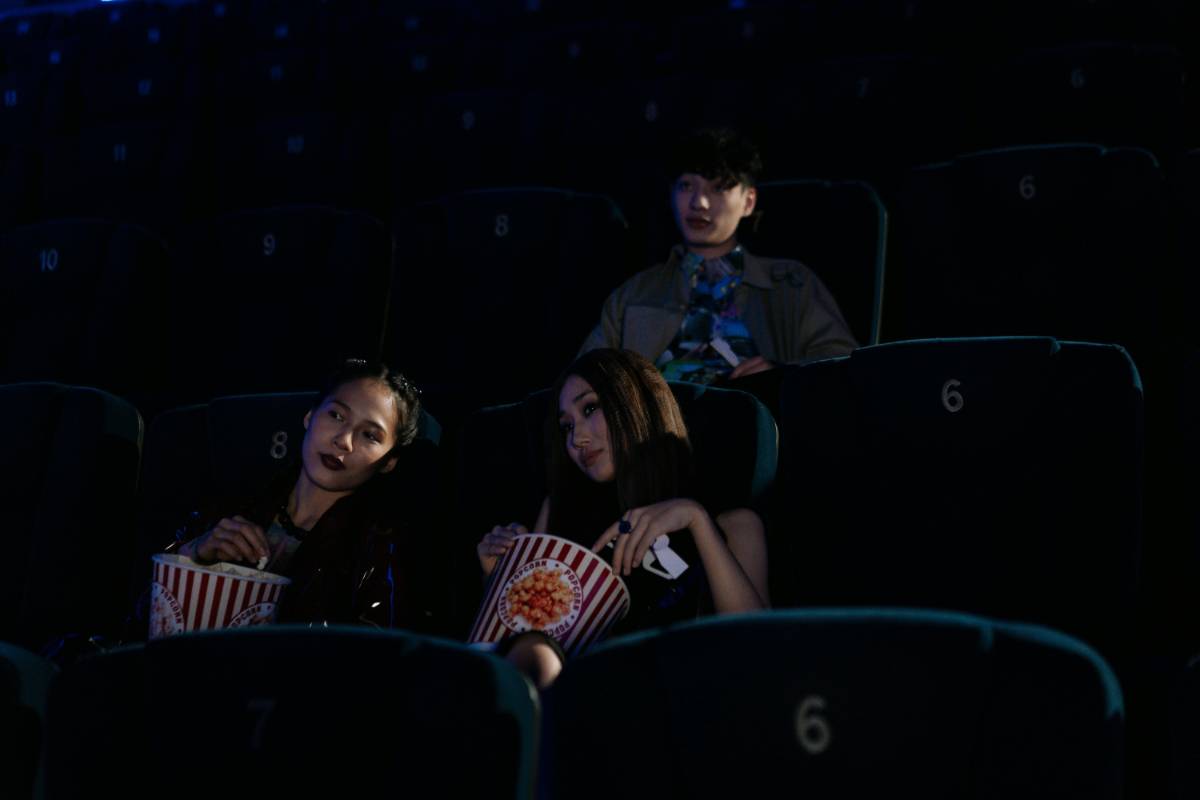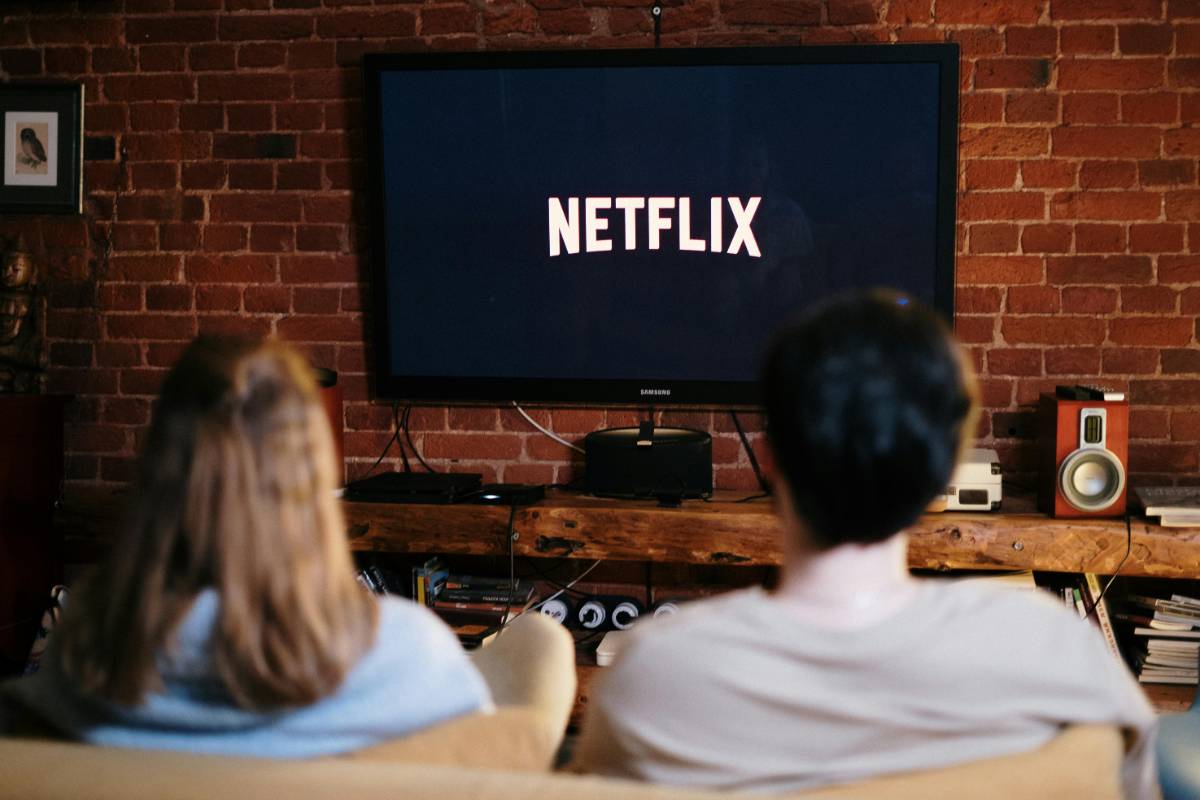Hollywood's Love for Remakes and Reboots: Creative or Redundant?
05 Sep 2025
Read Time: 6 min read

In recent years, Hollywood has been increasingly leaning on remakes and reboots as a source of content, often reimagining beloved classics for a new generation. Whether it’s reworking old blockbusters or adapting animated films into live-action versions, the trend has sparked heated debates about creativity, originality, and the future of cinema. But is this trend a reflection of creative innovation, or is it simply a sign that Hollywood is running out of fresh ideas?
 The Appeal of Familiar Stories
The Appeal of Familiar StoriesRemakes and reboots are nothing new in Hollywood. From *King Kong* to *The Wizard of Oz*, classic films have often been reimagined for new audiences. However, in the past decade, the frequency of these reboots has significantly increased, with major studios revisiting popular franchises like *Spider-Man*, *Jurassic Park*, and *The Lion King* in live-action forms.
Part of the appeal of remakes and reboots lies in the nostalgia they evoke. Fans of the original films often feel a sense of excitement and comfort when they see familiar characters and stories brought to life once again. For studios, these projects come with a built-in fan base, making them a safer bet for success at the box office. The recognition factor can also help generate buzz, with audiences curious to see how their favorite stories are updated for modern times.
Despite their appeal, critics argue that Hollywood’s reliance on remakes and reboots signifies a lack of original storytelling. Rather than taking risks with new ideas, studios often fall back on familiar properties, choosing the safety of brand recognition over the uncertainty of trying something fresh. Some even argue that this trend has contributed to the stagnation of Hollywood’s creative landscape.
The Case for Creative RebootsNot all remakes and reboots are created equal. While some projects can feel like an uninspired cash grab, others manage to breathe new life into old stories, offering a fresh perspective or an updated take that resonates with modern audiences. In recent years, a number of remakes have been praised for their creative choices, highlighting the potential for reboots to be more than just a nostalgic exercise.
For example, *Mad Max: Fury Road* (2015) is often hailed as one of the best reboots in recent memory. While it shares a connection with the original *Mad Max* films from the 1970s and 1980s, its visually stunning action sequences, strong feminist themes, and innovative storytelling made it feel like a completely new experience. Similarly, *The Jungle Book* (2016), a live-action remake of Disney's animated classic, was lauded for its cutting-edge visual effects and immersive world-building, as well as its ability to reimagine a familiar tale while staying true to its roots.
In these cases, the remakes serve as a platform for artistic expression, allowing filmmakers to take an existing property and enhance it with new ideas and technologies. These successful reboots show that it’s possible to honor the source material while also pushing the boundaries of storytelling and filmmaking.
Despite the success of certain creative reboots, the over-saturation of remakes has led to a sense of redundancy in Hollywood. With so many familiar stories being retold, it’s easy to feel like the industry is stuck in a loop of recycling old ideas rather than producing original content. Fans and critics alike have expressed frustration with the lack of innovation, especially as remakes often fail to live up to the quality or impact of the originals.
One of the most criticized examples is Disney's string of live-action remakes of their animated classics, such as *Beauty and the Beast* (2017), *Aladdin* (2019), and *The Lion King* (2019). While these films were financially successful, many critics argued that they lacked the charm, emotion, and artistry of the animated originals. These remakes often feel like a shot-for-shot recreation of the source material, with little room for creative exploration or new ideas. This has led to accusations that Hollywood is simply recycling content for commercial purposes rather than pursuing true artistic innovation.
Moreover, the emphasis on reboots can take away opportunities for original films to gain traction. As studios focus more on reviving old franchises, new, fresh voices and ideas may be overlooked in favor of tried-and-true formulas. The dominance of remakes and reboots also contributes to the homogenization of Hollywood, where risk-taking and diversity of thought can take a backseat to profitability.

💡 Discover More from Hollywood
As long as remakes and reboots continue to bring in substantial box office earnings, it’s unlikely that the trend will subside anytime soon. Studios will continue to capitalize on the nostalgia factor, while also looking for ways to make these films relevant to younger generations. But the question remains: How can Hollywood balance the demand for reboots with the need for new, original content?
One solution may be to move away from reboots that simply replicate the originals, and instead focus on reimagining stories in ways that are truly innovative. Filmmakers could explore new perspectives, experiment with different genres, or incorporate modern themes into these familiar stories, breathing new life into them in meaningful ways.
Another possibility is that Hollywood may turn to more diverse source material for reboots, looking beyond established franchises and into the untapped worlds of literature, international films, and untold historical events. By casting a wider net, the industry may be able to strike a balance between revisiting familiar stories and exploring new frontiers of creativity.
In the end, the key to successful remakes and reboots lies in the balance between honoring the past and embracing the future. When done right, these films can enhance the legacy of the originals while offering something fresh and exciting. But when approached without innovation, they can leave audiences feeling like they’ve seen it all before.
ConclusionHollywood’s love for remakes and reboots is a reflection of both its creative potential and its commercial instincts. While there’s no denying the appeal of familiar stories, it’s clear that the future of Hollywood depends on the industry’s ability to innovate and take risks. Remakes and reboots may continue to dominate the box office, but for the long-term health of cinema, fresh ideas and original voices must also take center stage.
Stay Informed
Get the latest and most accurate news delivered straight to your inbox. Subscribe now and never miss an update.

Rahul Sharma
An insightful voice in the industry, crafting content that informs, inspires, and connects with readers.
View all articles →Continue Reading

Travel
How to Make the Most of Business Class Benefits on Your Next Corporate Flight
By David Thompson
02 Oct 2025

Travel
How to Make the Most of Your Corporate Travel Perks – Expert Tips Inside!
By James Carter
31 Aug 2025

Travel
Exploring Indigenous Cultures: Destinations and Responsible Tourism Tips
By Rahul Sharma
20 Sep 2025

Travel
Why Your Corporate Travel Policy May Be Costing You More Than You Think
By David Thompson
18 Sep 2025

Travel
How to Make the Most of Your Airline Miles – Tips from Travel Experts
By Olivia Mitchell
23 Sep 2025












